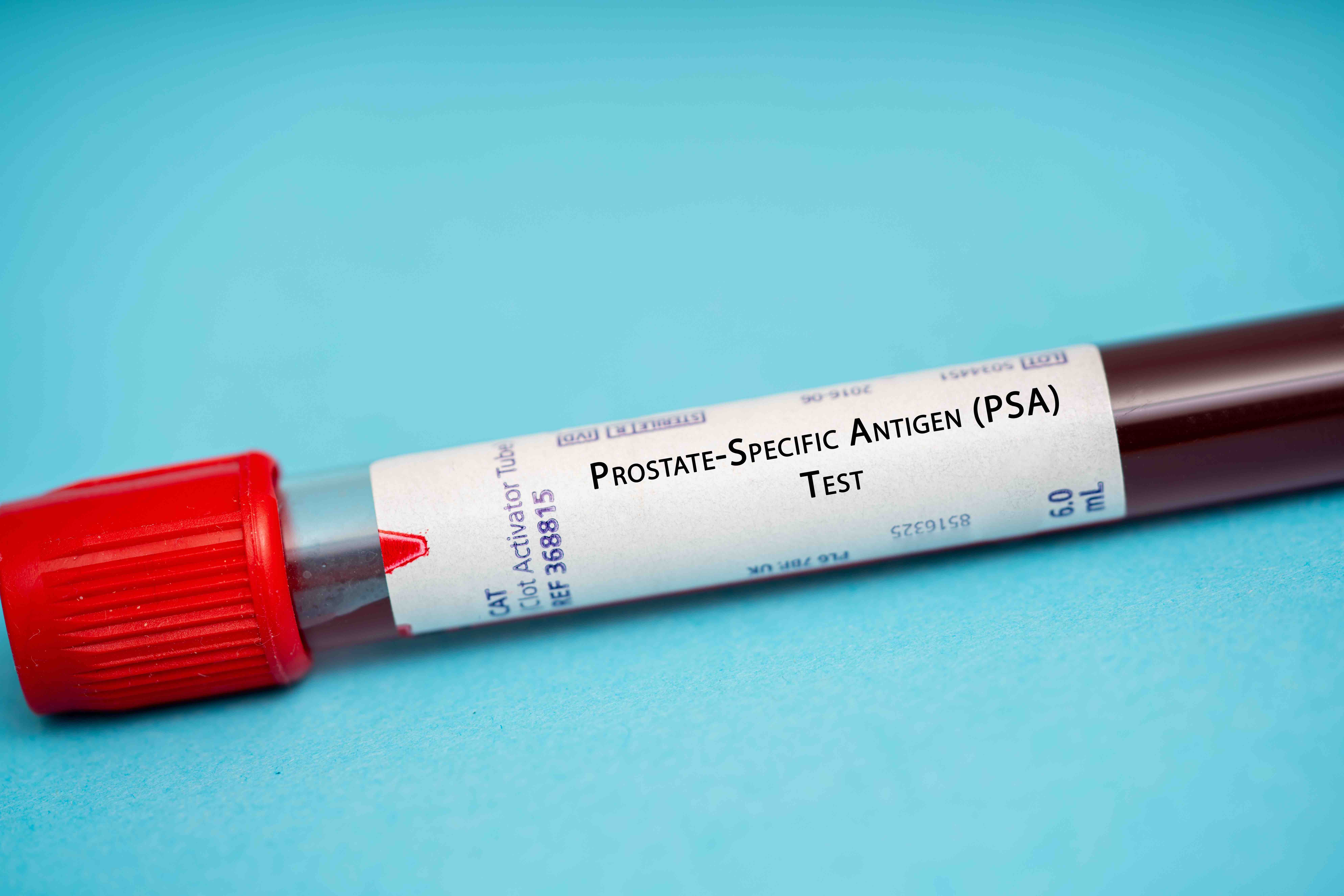Reactions: Article recommends limiting use of antigen tests for prostate cancer screening
Most high-income countries do not have prostate cancer screening programmes for their entire population; prostate-specific antigen (PSA) tests can be done on an individual basis. In an opinion piece published in The BMJ, a group of urologists and epidemiologists specialised in prostate cancer screening argue for restricting the use of PSA tests to avoid over-detection and over-treatment.

Alvaro Paez - cribado PSA EN
Álvaro Páez Borda
Head of Urology Service, Hospital Universitario de Fuenlabrada, Madrid; Associate Professor of Health Sciences, Universidad Rey Juan Carlos; and Chairman of the Spanish branch of the European Randomized Study of Screening for Prostate Cancer
As the authors of this interesting opinion piece point out, screening for prostate cancer based on PSA testing remains an extremely controversial issue, as it is still unclear whether its benefits (in terms of reduced prostate cancer mortality) outweigh the risks of overdiagnosis and overtreatment. Moreover, the most widespread formulation of policy recommendations - the famous 'shared decision making' - leads to greater use of PSA among those with more access to information, creating an unacceptable inequity in a modern society.
The authors of this study - who include unquestioned authorities on prostate cancer screening - suggest that countries with the financial capacity to organise such campaigns should design their programmes to avoid overdiagnosis and overtreatment: either recommend against screening or restrict access to PSA testing outright.
As an alternative to indiscriminate screening, the authors suggest that PSA testing should be restricted to men between the ages of 50 and 70, and offering prostate biopsy to those presumed to have a high-risk cancer after a confirmatory test such as prostate MRI. Such a strategy should be monitored to ensure compliance with diagnostic protocols, rather than passively assuming adherence to procedures. Such an approach, elevated to a national programme level, would retain most of the beneficial effect of screening, and limit the number of tests.
In short, [the Council of] the European Union's 2022 recommendation in favour of prostate cancer screening programmes [PDF] finds its counterpoint in this concise, sensible and committed article.
Marcos Luján - cribado PSA EN
Marcos Luján Galán
Head of the Urology Unit at the Infanta Cristina Hospital, researcher in the Spanish branch of the European Randomized Study of Screening for Prostate Cancer
The study is a literature review with a clear position against current prostate cancer screening policies.
Screening policies in different high-income countries are similar: the doctor explains to the patient the pros and cons of doing a PSA test, and the patient decides whether to have one. The authors of this paper conclude in their review that this approach does not have the desired effect: iit increases the risk of detecting cancers of little clinical relevance (overdetection, which can be as high as a staggering 50%), and of unnecessary treatment (overtreatment). It also introduces inequality in healthcare, as wealthier groups end up being tested more frequently.
Another undesirable outcome is that a high proportion of older men are being screened. All scientific societies agree in discouraging screening in men whose life expectancy is less than 10-15 years, as this is the average time it takes for prostate cancer detected by screening to produce symptoms due to disease progression (in other words, the individual would die of other causes due to his age before prostate cancer had time to kill him). The chance of dying from prostate cancer in your remaining life, if you have a normal PSA level at age 75, is virtually zero. This is why it is not recommended to continue screening beyond a certain age. It is precisely the current ‘shared decision-making’ approach that causes the screening rate in older men to be worrying.
This policy is currently in force in Europe (European Association of Urology, EAU) and is directly adopted by the AEU (Spanish Association of Urology).
What do the authors propose?
- That screening programmes should be controlled by governments. They should choose the candidates (and provide access to the test), and adopt a follow-up protocol according to the risk profile of the individual (the follow-up interval would be different according to the level of the first PSA, for example).
- As an alternative to the above, restrict access to PSA testing, to be prescribed by a urologist in the presence of symptoms or specific risk profiles (family history, certain genetic mutations, etc.).
Recommendations for patients? In my opinion, in the absence of an established government programme, in patients without a specific risk profile (family history, certain genetic mutations, etc.) and in the absence of symptoms, I would be inclined not to perform PSA indiscriminately.
Andrew Vickers et al.
- Review
- Opinion
- Peer reviewed



